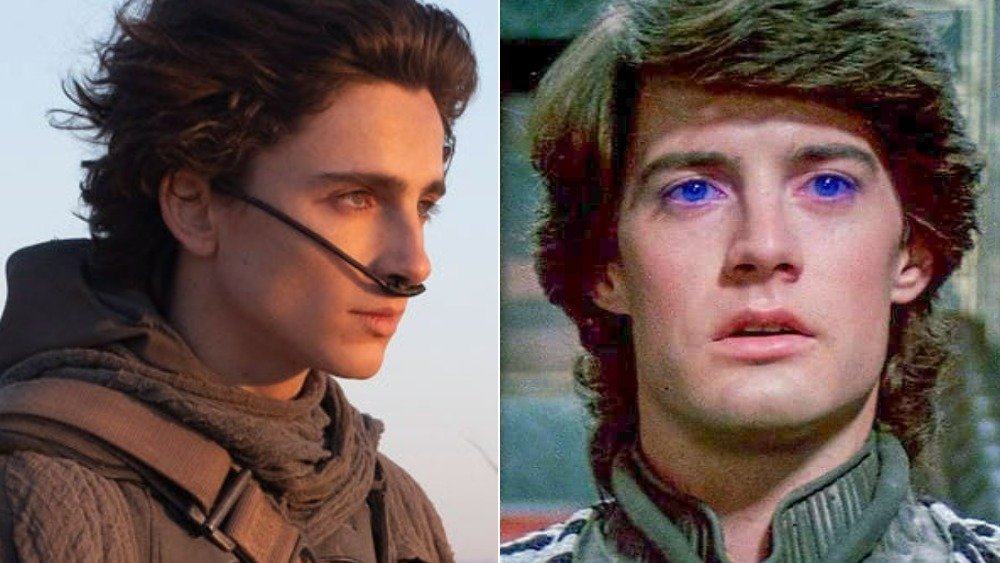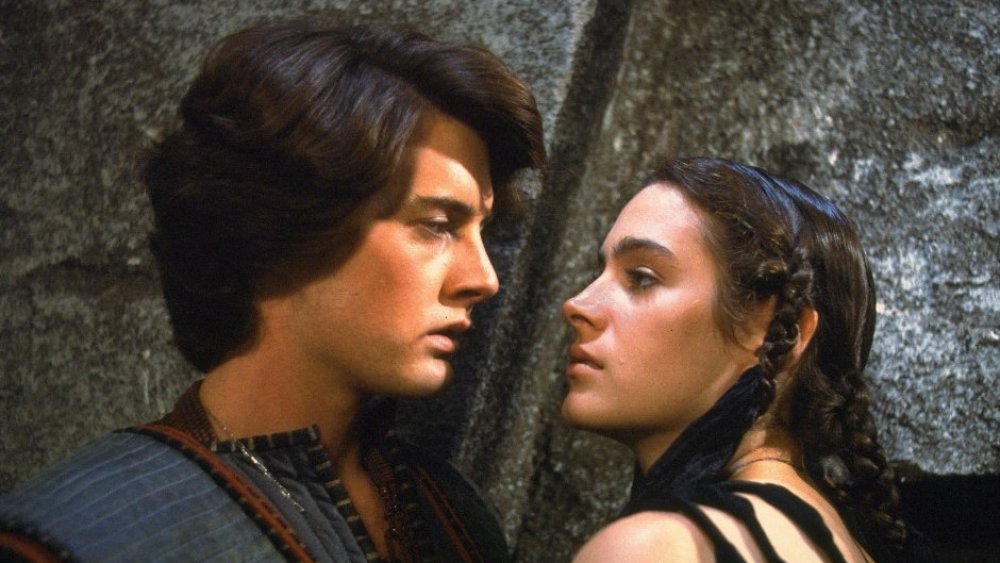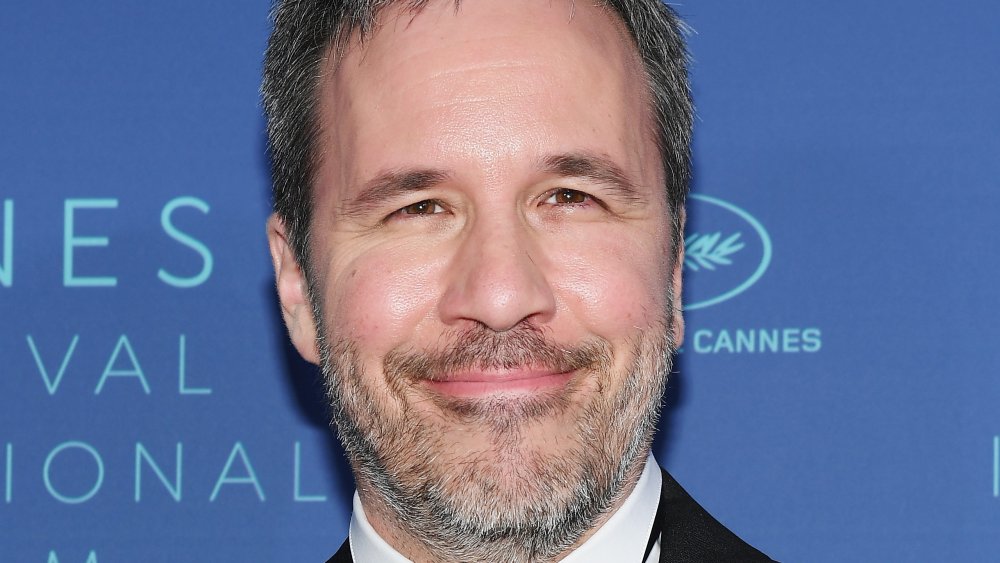Original Dune Star Has An Ominous Warning For The 2020 Remake
Actor Kyle MacLachlan has a message for the filmmakers behind the upcoming adaptation of the classic Frank Herbert sci-fi novel Dune: Good luck.
MacLachlan starred in the 1984 version of Dune, which was directed by his friend and frequent collaborator, David Lynch. That film was famously impenetrable to mainstream audiences, and while the actor doesn't consider it to be quite the catastrophe as which it's remembered, he acknowledged in a recent interview with IndieWire some of the inherent difficulties in bringing the property to the screen.
"My feelings about [Lynch's film] evolve over time. I look at it as a flawed gem. It's stunning in so many ways," the actor explained. "As a story, and trying to recreate that story, it's almost impossible. It's incredibly dense, and a little bit like a house of cards. If you leave out one element of the story or another, the structure tends to wobble, and you don't get the full effect."
MacLachlan went on to explain that it's not that he thinks the property is unadaptable — just that director Denis Villeneuve might need more than his planned two feature films in order to properly tell the story. "I would lobby for three or more films, because it has that kind of potential to really open up," he said. "In my imagination, I always thought it would be great to approach it like a Game of Thrones model, where you have seasons, or at least a 10-part series, or a 12-part series. You could really go from beginning to end."
Well, as it turns out, Villeneuve's films will be getting a bit of support on the small screen, which we'll get to shortly. Still, both before and after Lynch's film, many talented directors — including the likes of Ridley Scott and Peter Berg — tried and failed to adapt Dune to the big screen, and MacLachlan thinks he knows why it's proven to be so difficult.
Kyle MacLachlan thinks Dune might be too complex for the big screen
First, the quality of the prose itself in Herbert's novel invites readers to view its world rather subjectively; it's an extremely literary work that doesn't easily lend itself to visual interpretation. As MacLachlan puts it, "There's a mysticism about it that is difficult to capture on film."
Second, and more importantly, the novel sports an enormous cast of characters, none of whom are unimportant or easily excised, and all of whom form a complex web of relationships that is absolutely key to the narrative. "They're full people, and you want to spend time with each one of them. And that eats up your film time. It's a real puzzle. It's just so many elements that you have to bring together," MacLachlan said.
The actor's experience of reading the novel in preparation for his starring role in Lynch's film helps to illustrate the difficulty Villeneuve faces in crafting a film that won't completely lose viewers in that complexity. "When I first started reading the book back in the day, I would get to about page 50 or 60 and then have to return back to the very beginning just to put all the players in place," MacLachlan explained. "There are so many relationships that are important to understand and know. To hold the stories of each of those so the audience can remember, it's just almost impossible."
The director of the Dune remake kind of agrees
As we mentioned, Villeneuve's Dune movies will get a small-screen assist in the form of Dune: The Sisterhood, an HBO Max original series overseen by the director along with writer Jon Spaihts (Doctor Strange). While this should help to manage some of those intricacies of Dune's plotting and characterization, it's pretty safe to say that not everybody who sees the movies will be taking in the series — and Villeneuve himself, in a sitdown with Vanity Fair, acknowledged the enormity of the challenge of bringing the story to the big screen in no uncertain terms. "I would not agree to make this adaptation of the book with one single movie," the director said, echoing MacLachlan's assessment. "The world is too complex. It's a world that takes its power in details."
Villeneuve went on to explain that the book's themes, which have only grown more prescient in the five-plus decades since its publication, were what compelled him to make the attempt. "[The novel] was a distant portrait of the reality of the oil and the capitalism and the exploitation — the overexploitation — of Earth," he said. "Today, things are just worse. It's a coming-of-age story, but also a call for action for the youth."
Just how does one go about wrangling all of those characters, relationships, and themes into a readily accessible big-screen package? The director could really only state the obvious: It's not easy. "It's a book that tackles politics, religion, ecology, spirituality — and with a lot of characters," he lamented. "I think that's why it's so difficult. Honestly, it's by far the most difficult thing I've done in my life."
Somehow, that doesn't come as a surprise. Hopefully, we'll get to see the fruits of Villeneuve's labor soon: Dune, the first installment in the planned duology, is currently scheduled to hit the big screen on December 18, 2020.


